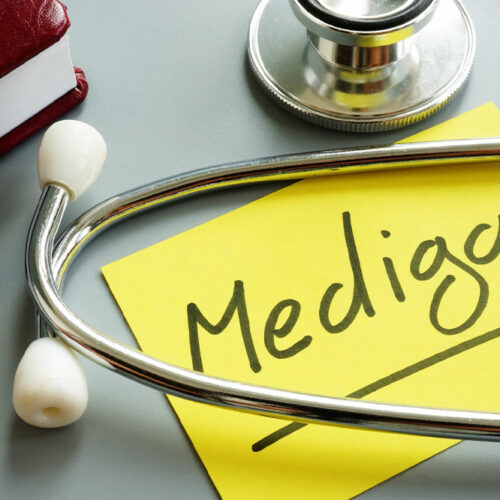Things to Know When Buying Medigap Plans

You can get the best deals on Medicare health insurance policies during specific periods in the year. Similarly, there are some norms associated with the purchase of this insurance. As per the rules and regulations levied by Medicare, you’re not allowed to buy health insurance plans at the same rates around the year. This brings up the question, when is the best time to buy Medicare supplement plans? Read along to find out more about this. Buy on first eligibility The best time to get yourself a Medicare supplement plan is when you become eligible to make the purchase for the first time. The initial 6-month window is listed as the most favorable time to buy Medigap supplement plans from the official Medicare website. This window will open when you turn 65 years old and are already enrolled in the Medicare Part B (Medical Insurance). During this period, you can buy Medicare supplement plans that are sold in your state. You can make the purchase even if you have a pre-existing health condition. On the expiry of this 6-month period, you might not be allowed to purchase a Medicare supplement plan. Even if you are eligible for coverage, it might cost you a lot more than the original price of the policy.






